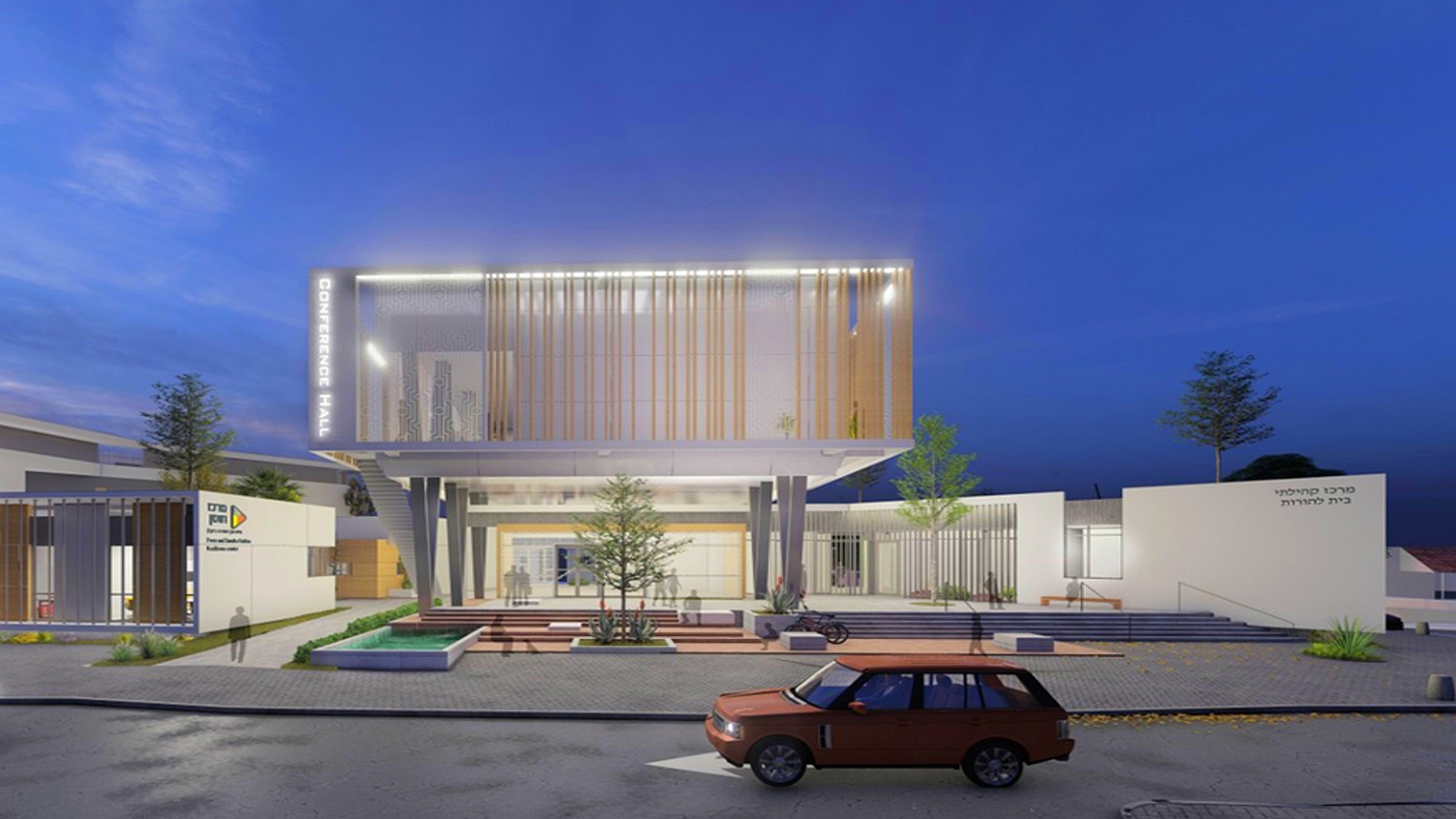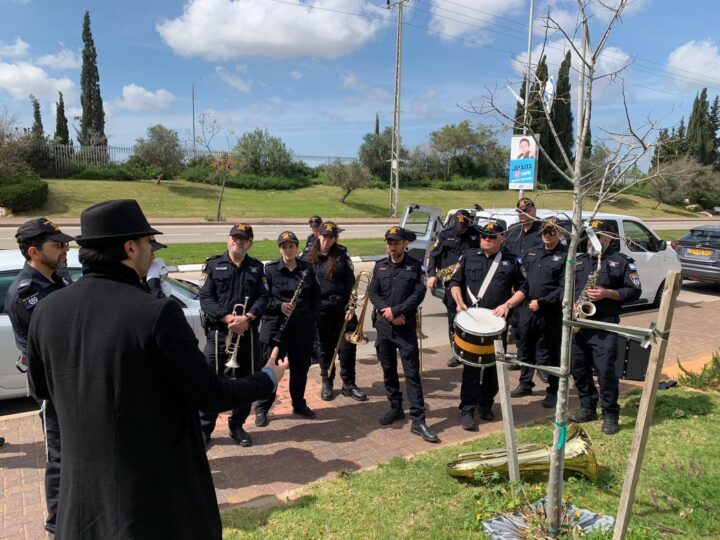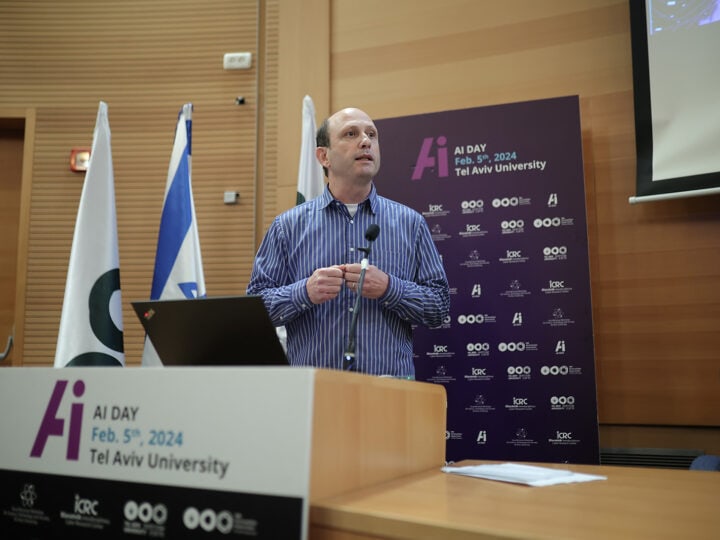“Sderot is a live incubator for resilience,” says Yigal Bracha, head of the Gaza border city’s department of employment and economic development, “because we are in a constant state of emergency.”
For the past 22 years, Sderot’s approximately 32,000 residents have borne the brunt of tens of thousands of missiles, rockets and other incendiary devices fired at Israel by Gaza Strip terrorists.
Sderot has been called “the bomb shelter capital of the world,” and the majority of its youth suffer symptoms of post-traumatic stress disorder – yet its population is steadily growing, and its cultural and academic institutions are thriving.
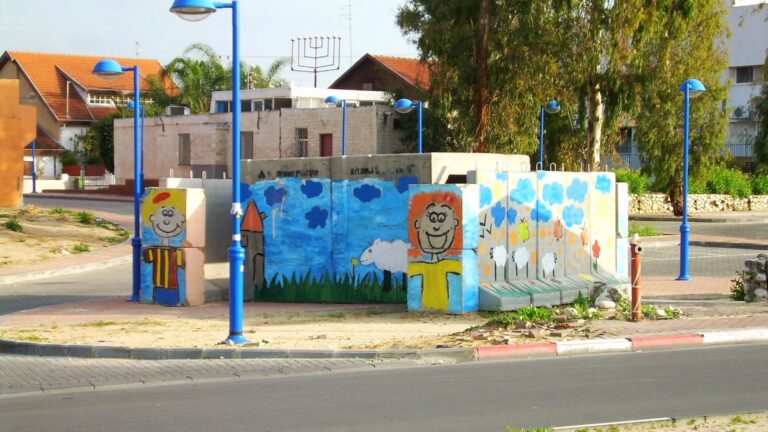
All of which makes Sderot the ideal place to incubate high-tech ideas to strengthen the operational and economic resilience of municipalities, and the emotional and physical resilience of citizens, following catastrophic events.

The soon-to-open Sderot Resilience Incubator (SRI) will be a hub where resilience-tech entrepreneurs can use the city’s two decades of experience to identify and understand unmet needs, develop solutions and test them.
The concept is unique. Several resilience hubs in the United States are geared mainly to providing renewable power and disaster support due to climate-related events.
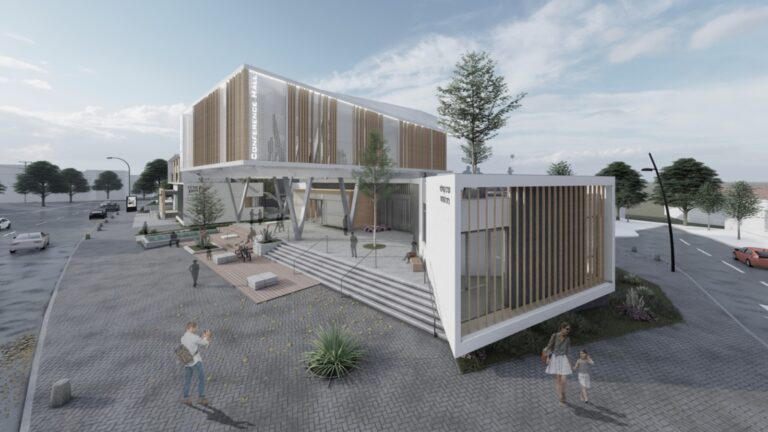
“We have lots of information,” Bracha tells ISRAEL21c. “We’ve had thousands of people getting treatment in the Sderot Resilience Center, and we have first responders with 20 years of experience helping the population with resilience challenges.”
The hub, now being built next to the Sderot Resilience Center, will offer simulators to train first responders and mental-health clinicians from across the world how to use resilience-tech for better outcomes.
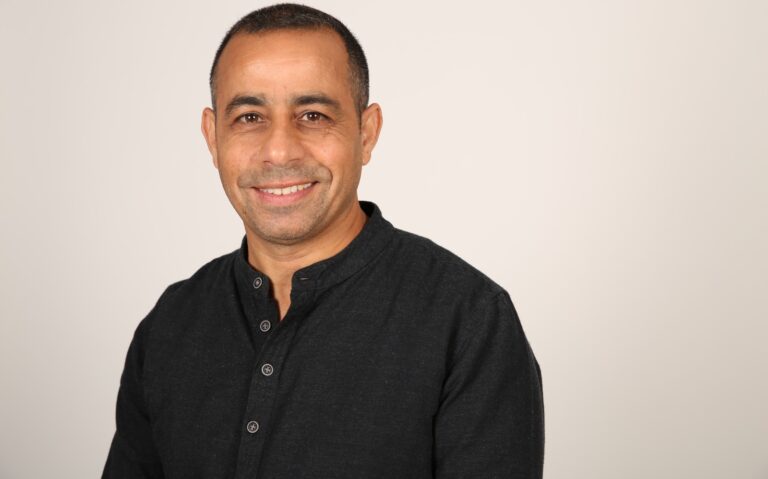
“In Sderot we have rockets, but that’s only one example of emergencies,” says Bracha, a former Amdocs employee whose long-term goal is to boost high-tech employment opportunities in Sderot, where 90 percent of the industries are low-tech.
A few years ago, he gave a talk to government officials from the Philippines who came there to learn how Sderot helps its civilian population cope with trauma. The Filipinos don’t have rocket attacks, but they do have an average of 25 earthquakes annually.
Pain points
Sderot Mayor Alon Davidi worked with Bracha and other partners, including defense industry veteran Moshe Shemi, over the past nine months to turn the resilience-tech vision into reality.
Yisrael Ben Shitrit, a high-tech entrepreneur and business development adviser, was chosen to be the CEO of the Sderot Resilience Incubator.
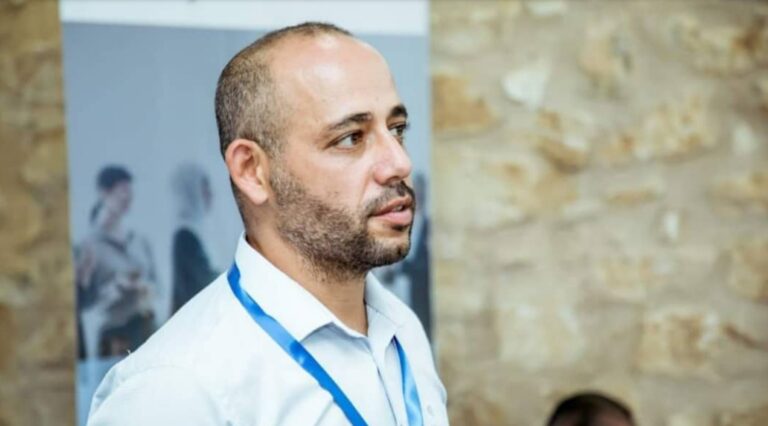
“We held a hackathon on November 29 where people from the security, education, welfare and health departments of the city described their pain points and presented 15 challenges for the teams to deal with,” Ben Shitrit tells ISRAEL21c.
In addition to these local projects, SRI issued a call for startups and is now choosing the five most promising proposals for the hub’s first cohort.
Everything from advanced municipal communications technology to advanced therapeutic technology is under consideration. One idea is a “hot button” that could be given to vulnerable populations to press for immediate assistance in a time of emergency.
The city’s leadership is involved in the selection process with specialists from the IDF and from industry, including former Chief of Israeli Intelligence Corps Unit 8200 Hanan Gefen; former IDF Southern Command Major General (ret.) Sami Turgeman; and Oz Jacob, a vice president of Bynet Data Communications.
The chosen startups will apply for grants from the Israel Innovation Authority, says Ben Shitrit. While the IIA normally provides financial support of up to 50% of an approved startup’s budget, it gives 75% support to startups in the Gaza “envelope” region.
“Right now, we are looking for venture capital and other forms of investment,” says Ben Shitrit.
“Sderot is the biggest POC [proof of concept] we can do, and we can offer the model overseas. Resilience tech is needed worldwide,” he points out.
Turgeman, currently chairman of Noga, a company that leads the development, operation and management of Israel’s electricity system, emphasizes that SRI’s focus “is to use our knowledge and experience to help others and at the same time to improve the economic situation of Sderot.”
“Social entrepreneurs can use technology to strengthen resilience everywhere,” Turgeman tells ISRAEL21c.




